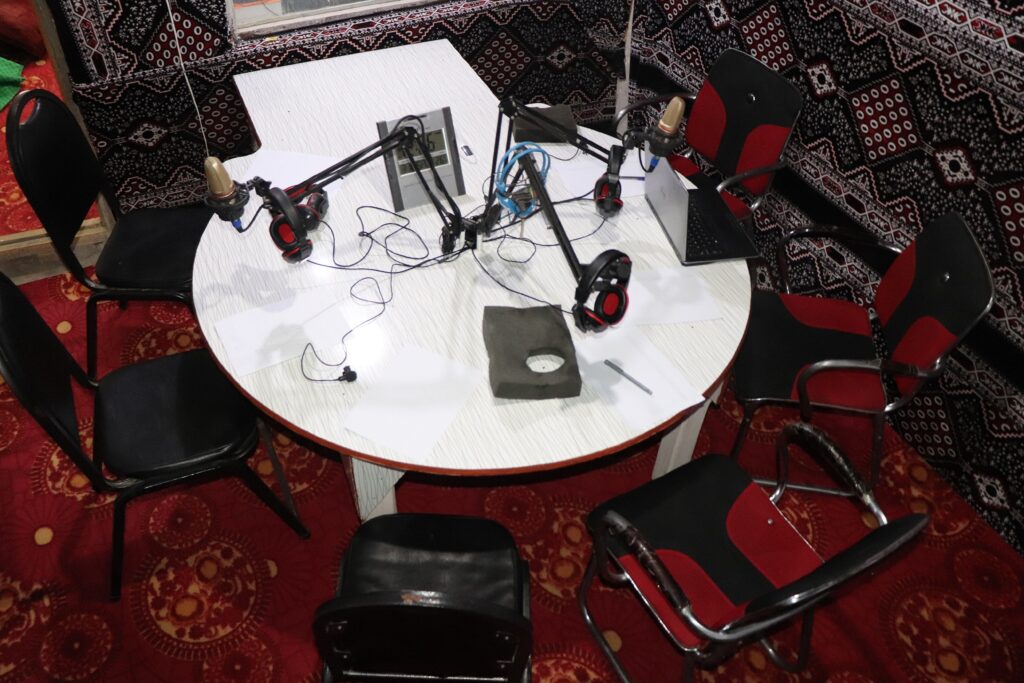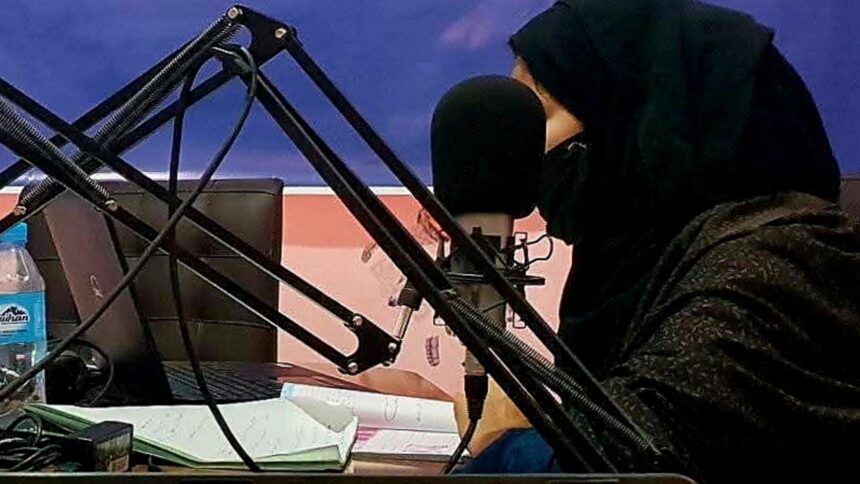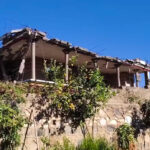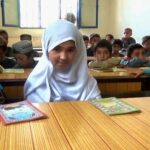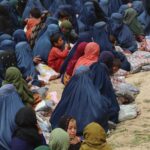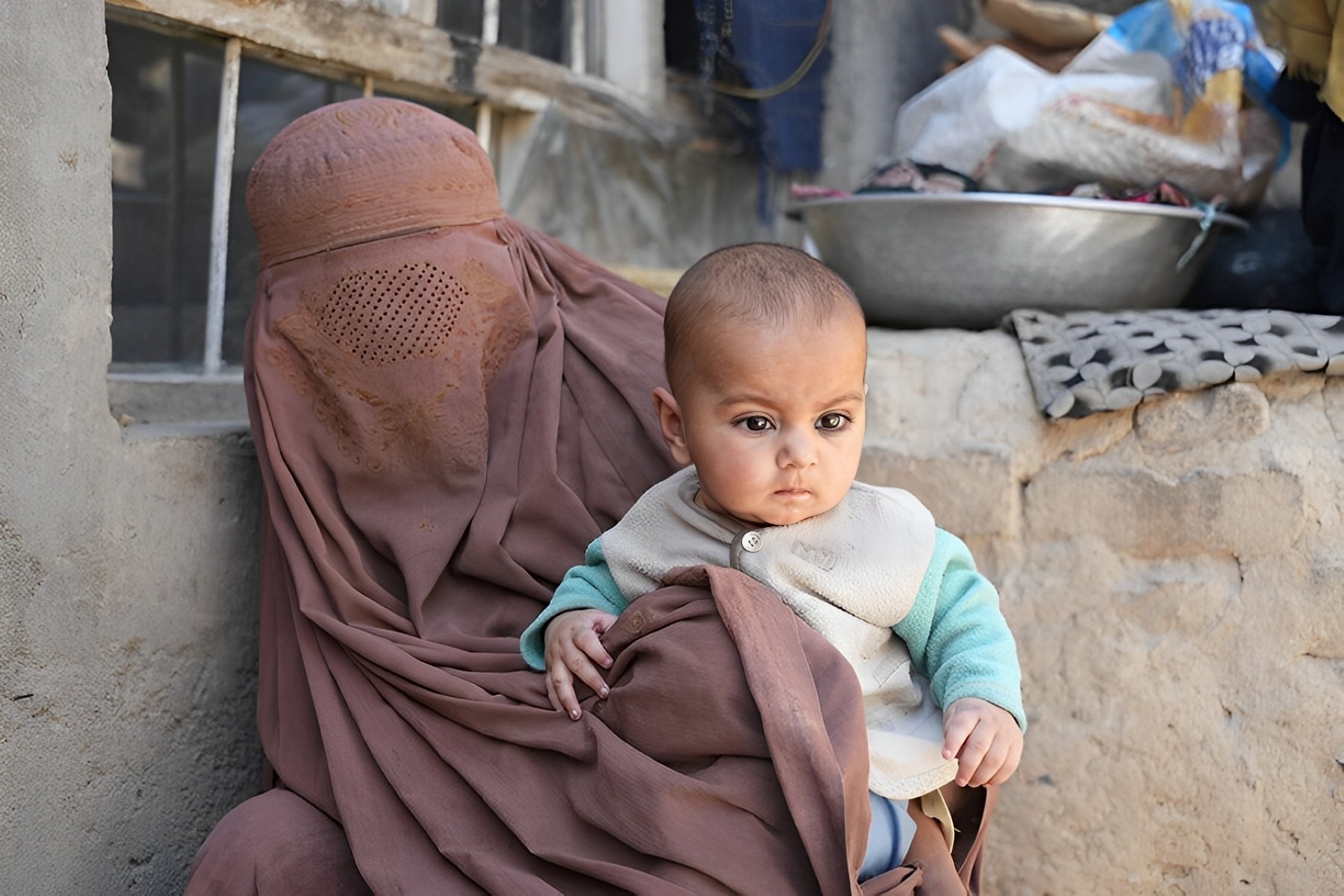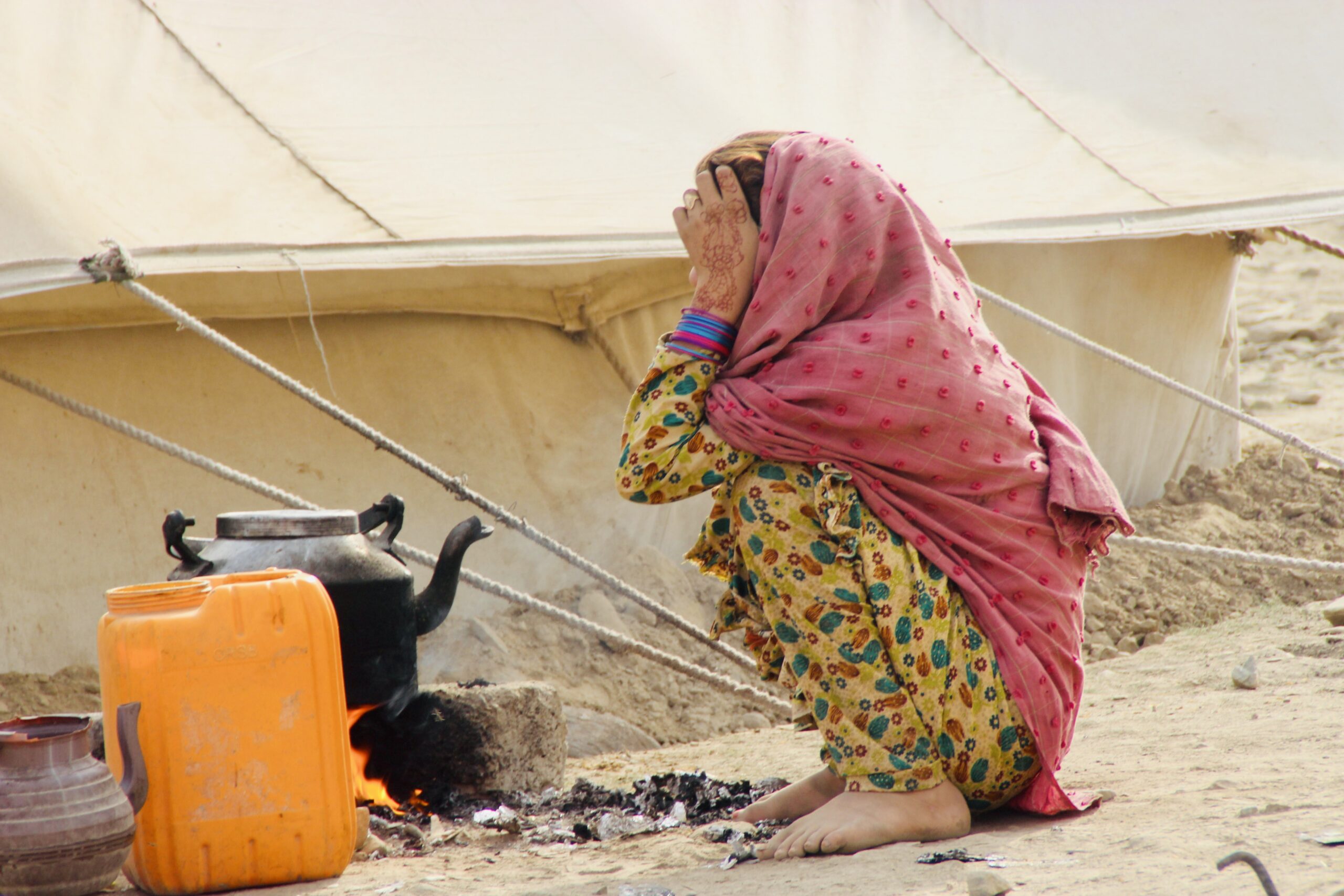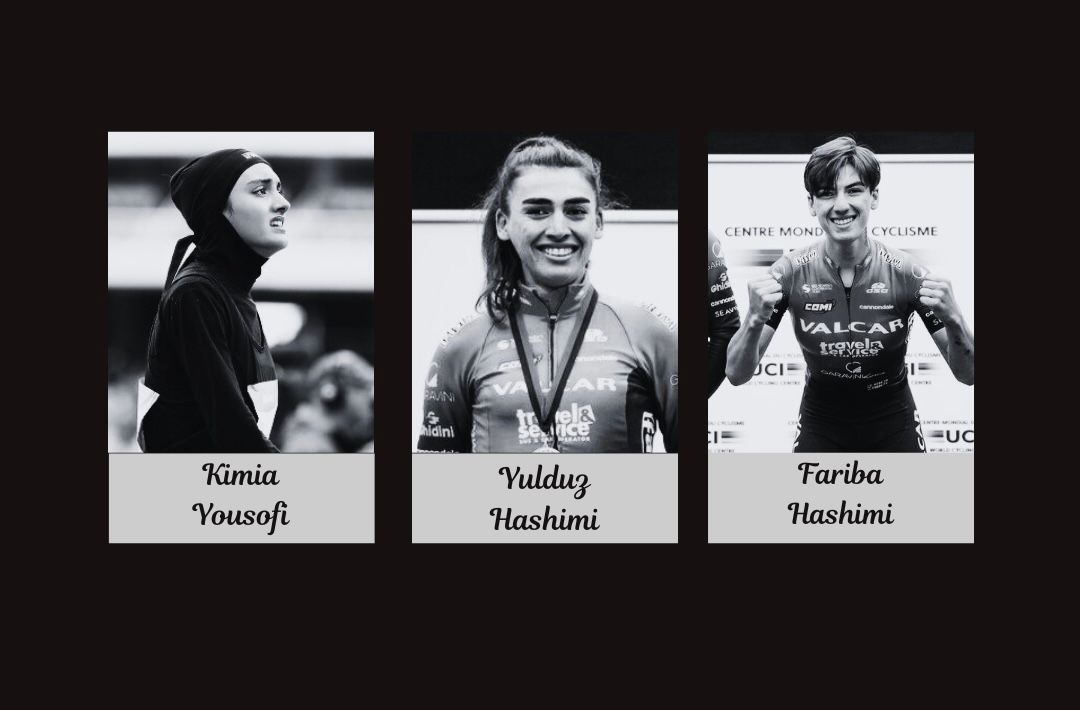In the southern provinces—Kandahar, Helmand, Zabul, and Uruzgan—the presence of female journalists has fallen to zero. No woman is currently employed in any media institution across these provinces.
Male reporters across the southern region say many of their former female colleagues—who once worked beside them for years—have either fled the country or remain confined at home without prospects.
A journalist at a private TV station in Kandahar, referred to as Habibullah for security reasons, says The Afghan Times that before the fall of the republic government, around 25 female journalists were employed by various outlets in the province. They reported news and hosted political and social programs. Their monthly salaries ranged from 10,000 to 25,000 afghanis.
He says that after the Taliban takeover, this entire workforce was gradually removed. Many fled the country, while others now face an uncertain future at home.
Female journalists still residing in Kandahar say their families were notified by the Ministry for the Promotion of Virtue and Prevention of Vice in 2023, instructing them to stop their media work.
Faizi, a journalist with seven years of experience, says she was forced to abandon her job two years ago. She now struggles with economic hardship and hopes for a chance to return to her profession.
“After the restrictions on women’s work, I had no choice but to leave my job,” she says. “I am facing serious financial challenges, but I still hope to be allowed to return to media work. It is not just a job—it is my identity.”
In Uruzgan, female journalists face a complete ban as well. Hadiya Haya, who fled to Pakistan with her family, says women in major cities are allowed to work as reporters and that Uruzgan should not be an exception. She believes women’s presence in media is essential, as they can communicate women’s issues directly.
She says economic hardships and threats forced her family to leave Afghanistan, but living conditions in Pakistan remain extremely difficult. She calls on international media-support organizations to pay attention to their situation.
“In big cities, women can work as journalists—why not in Uruzgan?” she says. “Because of the restrictions, we were forced to leave our home. Now in Pakistan, we face constant challenges. I ask international organizations to hear our voice.”
Media managers in Helmand and Zabul also confirm that no women are currently working in their outlets.
Restrictions go beyond employment. Local media in southern provinces have been instructed not to allow female callers to participate in live programs.
In Helmand, a listener named Zulekha says she has been barred from participating in live programs for three years. Whenever she calls, the host disconnects the line.
“This is discrimination,” she says. “Women should be allowed to call in and share their concerns just like men.”
Taliban officials in the southern region have not commented on these reports. Meanwhile, restrictions on women’s media participation continue to tighten across Kandahar and neighboring provinces.
